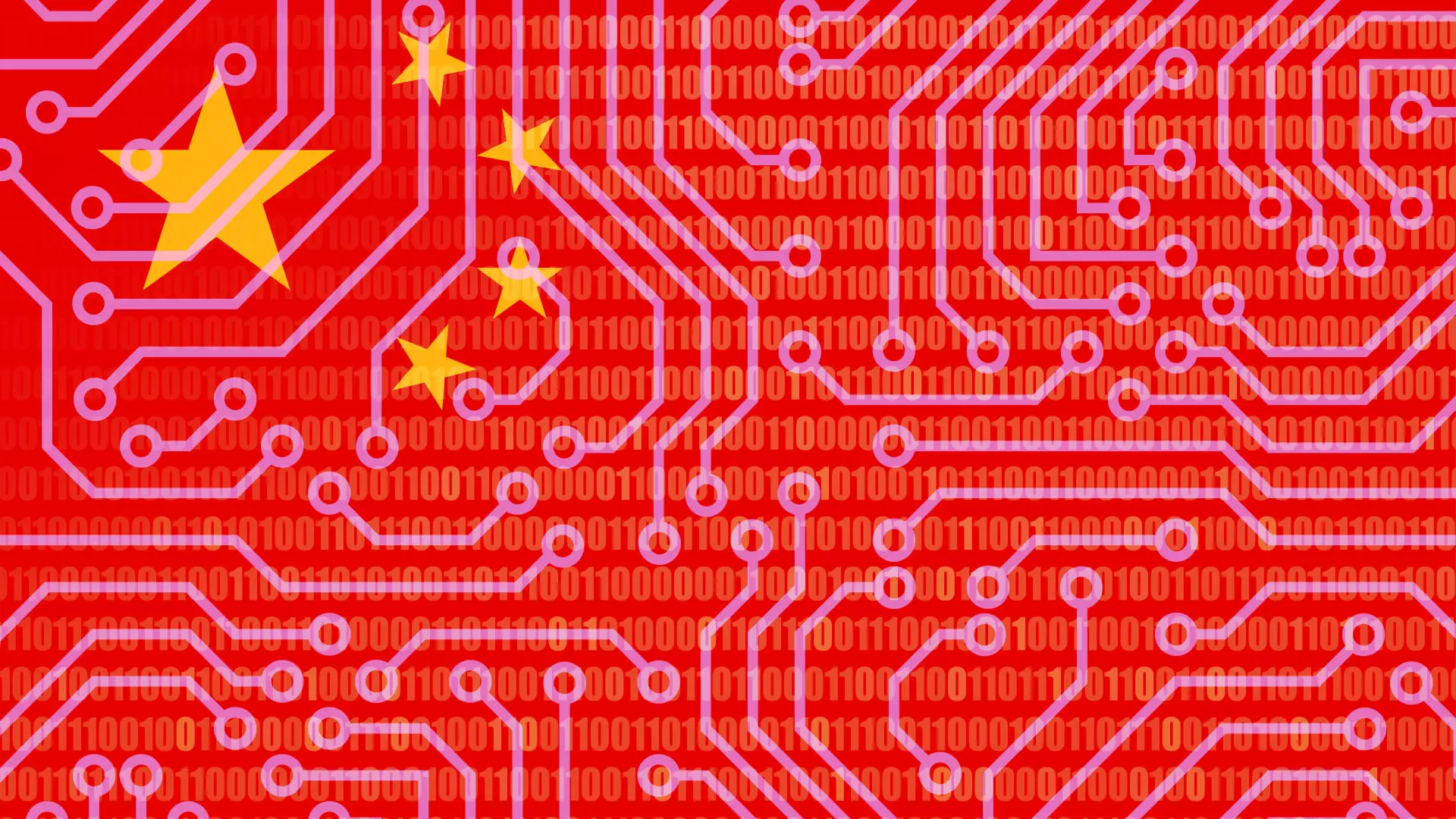New Zealand has recently accused China of engaging in “malicious cyber activity” that was linked to Chinese state actors who targeted its parliament in 2021. The government expressed concerns about this cyber activity, attributing it to groups sponsored by the Chinese government. This accusation comes shortly after the U.S. and U.K. made similar claims, alleging that China-linked hackers were behind a cyber espionage campaign that targeted British voter data and millions of individuals, including lawmakers, academics, journalists, and defense contractors.
New Zealand’s Foreign Minister, Winston Peters, condemned the act as “unacceptable” and urged China to refrain from such activity in the future. Judith Collins, the minister for communications security bureau in New Zealand, also spoke out against the use of cyber-enabled espionage operations to interfere with democratic institutions and processes, calling it unacceptable behavior. The National Cyber Security Centre (NCSC) in New Zealand conducted a thorough technical assessment following the cyber breach in 2021, attributing the activity to a Chinese state-sponsored group.
Australia has joined New Zealand in condemning China’s alleged cyber attacks targeting U.K. democratic institutions and parliamentarians. While Australia’s electoral systems were not compromised in the cyber campaigns that targeted the U.K., the persistent targeting of democratic institutions has raised concerns about the implications for democratic and open societies like Australia. In 2019, Australian intelligence also attributed a cyberattack on its national parliament and political parties to China prior to a general election, although the government did not officially disclose the culprit.
China has repeatedly disputed claims made by the U.S. and U.K. regarding cyber interference. In response to reports that the U.K. was preparing accusations against China, a Chinese ministry spokesperson emphasized the importance of basing claims on evidence rather than spreading false information. The spokesperson called for a responsible attitude and collaboration to maintain peace and security in cyberspace, while also urging against the politicization of cybersecurity issues.
The U.S. Department of Treasury announced sanctions against two individuals allegedly associated with a group known as “Advanced Persistent Threat 31” (APT31), identified as Chinese state-sponsored intelligence officers and contract hackers involved in malicious cyber operations. Additionally, the U.S. imposed sanctions on Wuhan Xiaoruizhi Science and Technology Co, a company in China believed to be a cover for multiple malicious cyber operations. Furthermore, the U.S. Department of Justice revealed indictments against seven hackers associated with APT31, charged with computer intrusion and targeting critics of China, along with U.S. interests.
The accusations made by New Zealand against China for engaging in malicious cyber activity have ignited international condemnation and sparked concerns about the implications for democratic institutions and processes. As cybersecurity issues continue to evolve and pose significant threats to countries globally, it is crucial for nations to work together to address these challenges and maintain peace and security in cyberspace. The sanctions imposed by the U.S. against individuals and entities allegedly involved in cyber operations serve as a testament to the growing concerns surrounding state-sponsored cyber attacks and the need for coordinated efforts to combat such activities.



Leave a Reply